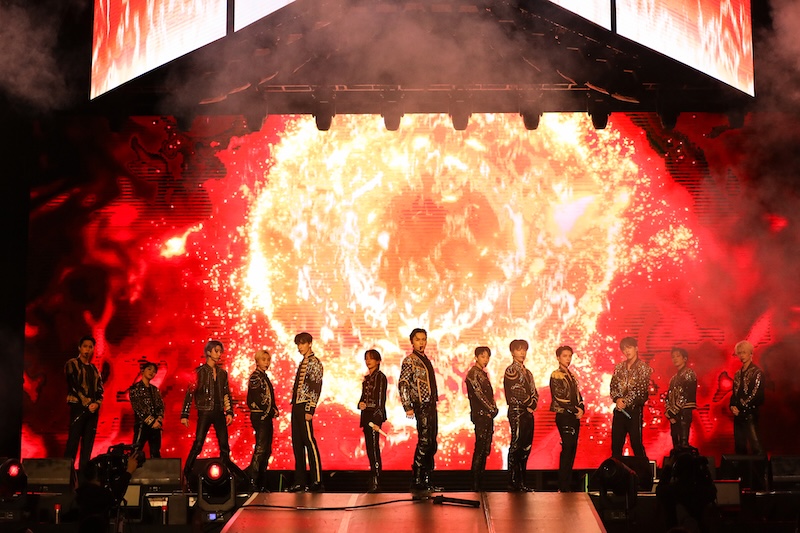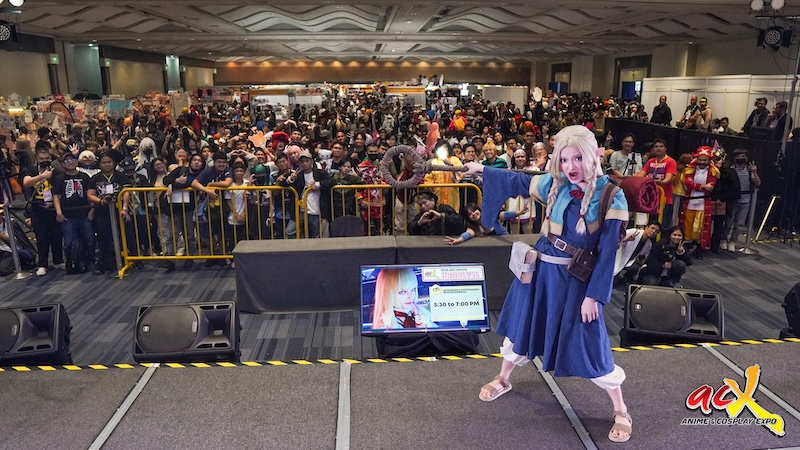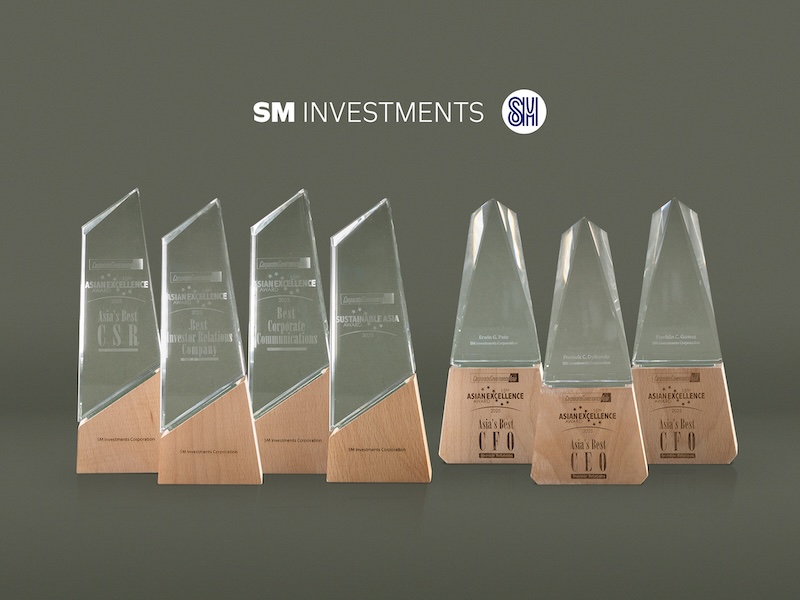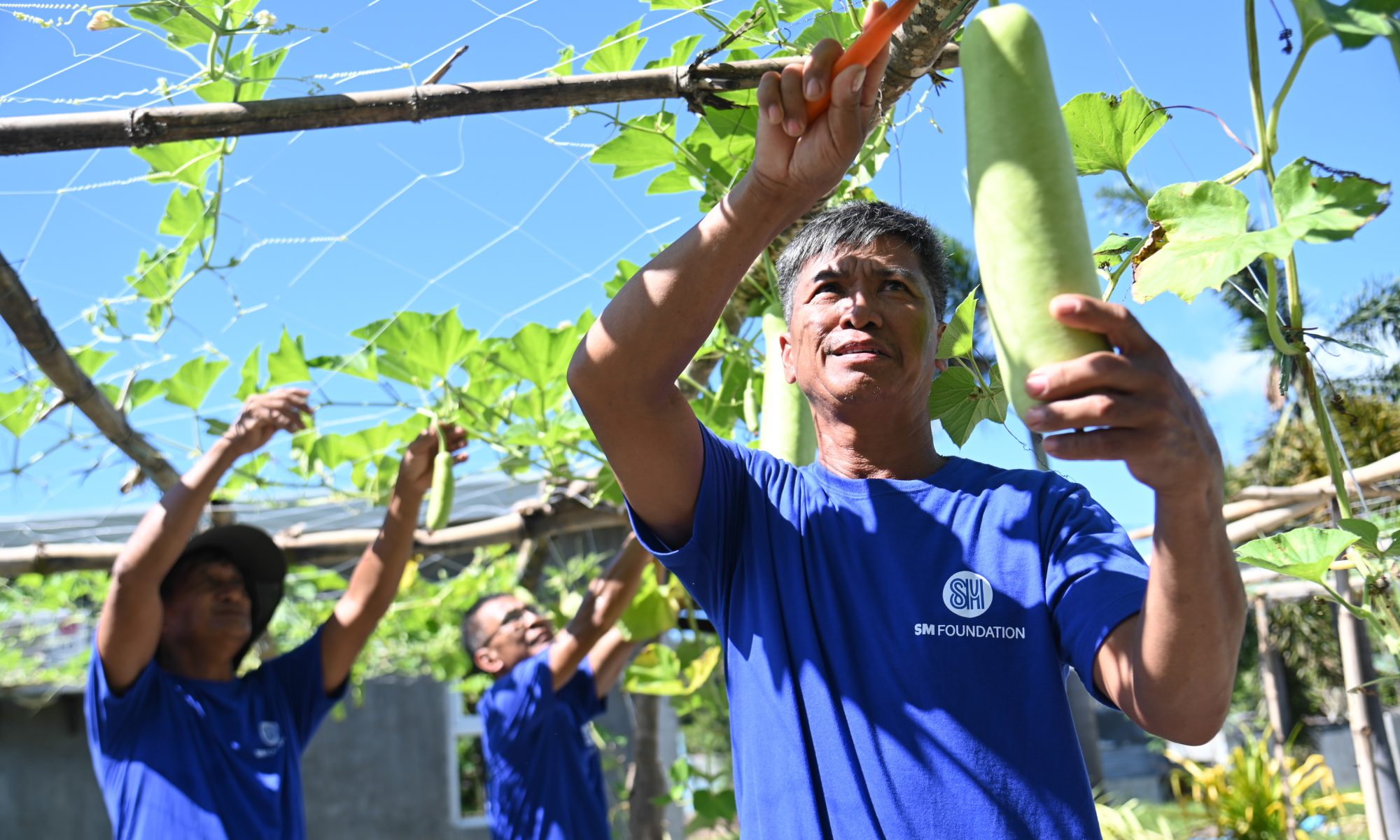SM Investments Corporation (SM Investments), the parent company of the SM group, recently shared that it is strengthening its entertainment ecosystem across its portfolio to meet and possibly capture the growing demand for experiences among younger Filipino consumers.
“At SM, we recognize the younger generation’s growing preference for experiences, and this shift opens new opportunities for growth across our businesses. By listening closely to our customers, we are broadening our entertainment offerings to strengthen engagement and create long-term value across the SM ecosystem,” said Frederic C. DyBuncio, President and CEO of SM Investments.
A Groupwide Approach to Entertainment
The group’s presence in entertainment is not limited to its malls and arenas. Through SMIC SG Holdings, SM became the first Philippine company to invest in Klook, the Asia-based travel and experiences platform. It’s a one-stop logistics solutions provider, 2GO, which features karaoke lounges and video arcades in its vessels, rare in inter-island travel. BDO Unibank and China Bank also integrate lifestyle and travel-related rewards into customer programs.
This groupwide presence positions SM to tap the ₱1.94-trillion Philippine creative economy, which grew by 8.7% in 2024, according to the Philippine Statistics Authority.
Next-Gen Entertainment Hubs

In its people-facing businesses, SM is transforming malls, convention centers, and arenas into multi-dimensional experience hubs.
“Malling for the older generation of customers in SM Malls was much simpler and practical then—dining, shopping and fun. Fast forward to today with our emerging segments, the millennials and Gen Z, who grew up on the Internet and social media—they now value the experience, the feeling of inclusivity, community involvement, and even sustainability,” said Joaquin L. San Agustin, Executive Vice President for Marketing, SM Supermalls.
“That is why our marketing efforts, including entertainment events, are now geared toward targeting communities, or what we call ‘tribes’. These are your gamers, geeks, foodies, and the many fandoms sprouting, who like more interactive and personalized experiences. The mall has become their entertainment hub and their escape,” Mr San Agustin said.

The MOA Arena, designed for global productions, continues to host international acts and will soon be complemented by a larger arena in Cebu.
“Production value is a whole lot better at the MOA Arena because the building is able to accommodate the creative demands of big events and top-tier acts, especially for multi-sensory experiences. We see the value in constructing world-class venues in key areas that would be able to support their economic growth,” said Arnel C. Gonzales, Vice President for Arena Operations, MOA Arena.
Meanwhile, SMX Convention Center is benefiting from the surge in fan meets, gaming expos, and pop culture conventions, with attendance and bookings rising significantly since late 2023.
“Over the past year, there’s been a remarkable increase in event bookings, ticket sales, and audience turnout at our venues, particularly for entertainment-driven events. This upward trend gathered momentum in late 2023 and continued to grow steadily through 2024 into this year. Even weekday events are seeing rising attendance, indicating that audiences are actively making time—and room in their budgets—for these experiences,” said Mike Albaña, Vice President and General Manager of SMX Convention Center.
Entertainment as Enabler
For SM, entertainment is not just an add-on but an enabler of business and community value. It drives consumer traffic across group businesses, strengthens partnerships with global content providers, and creates shared spaces for leisure and wellness, such as the FIFA-grade football pitch at SM MOA Sky.
“Our role is more of an enabler for all of the entertainment content to pass through our properties, to be able to give back more to our stakeholders as well as to give the fans, our loyal patrons, something to look forward to every time they visit our properties,” said Mr Gonzales.
With its scale, integration, and customer-first mindset, the SM group is positioning itself as a leading player in the country’s fast-expanding experience economy, where business growth, consumer satisfaction, and community value intersect.







